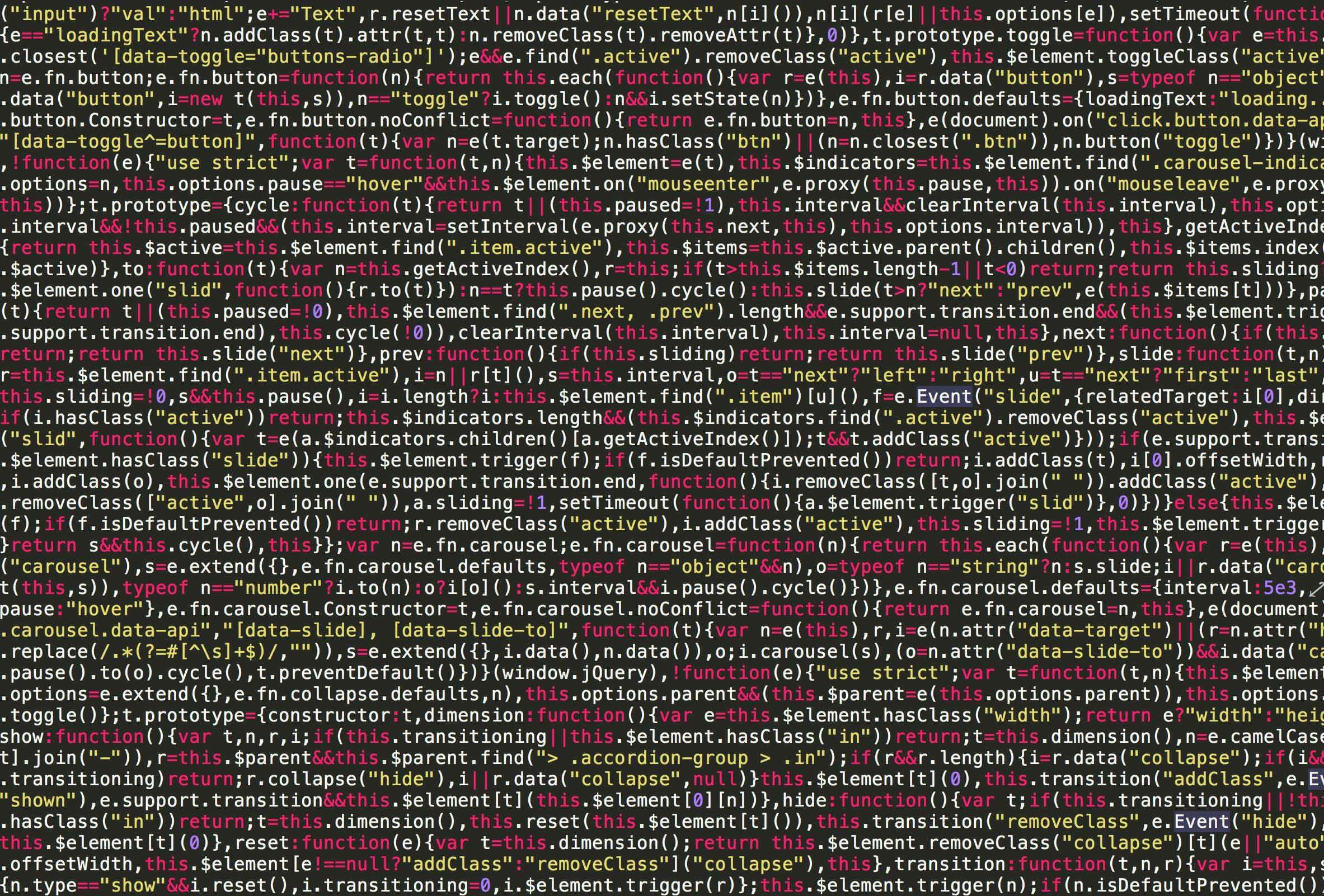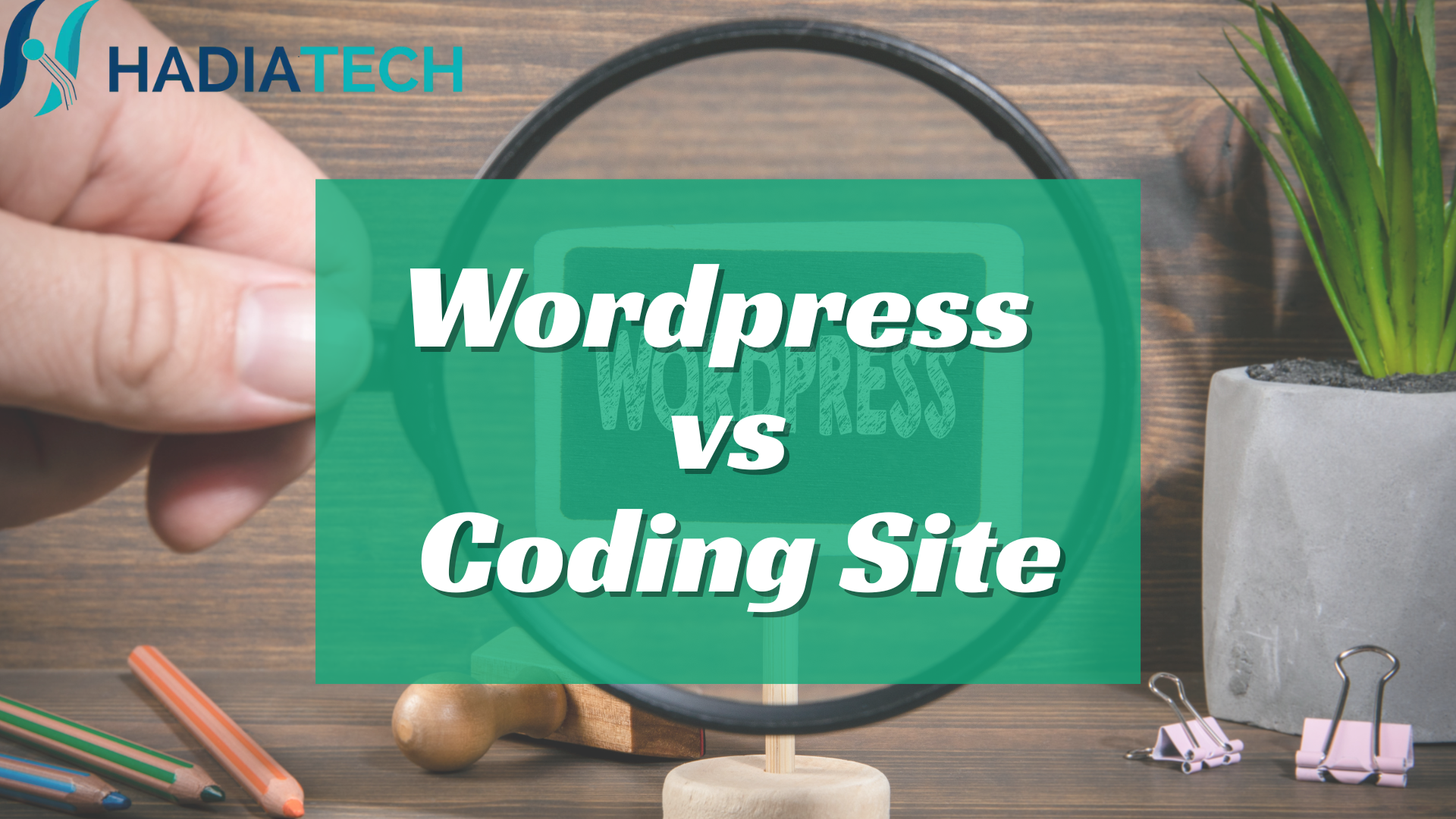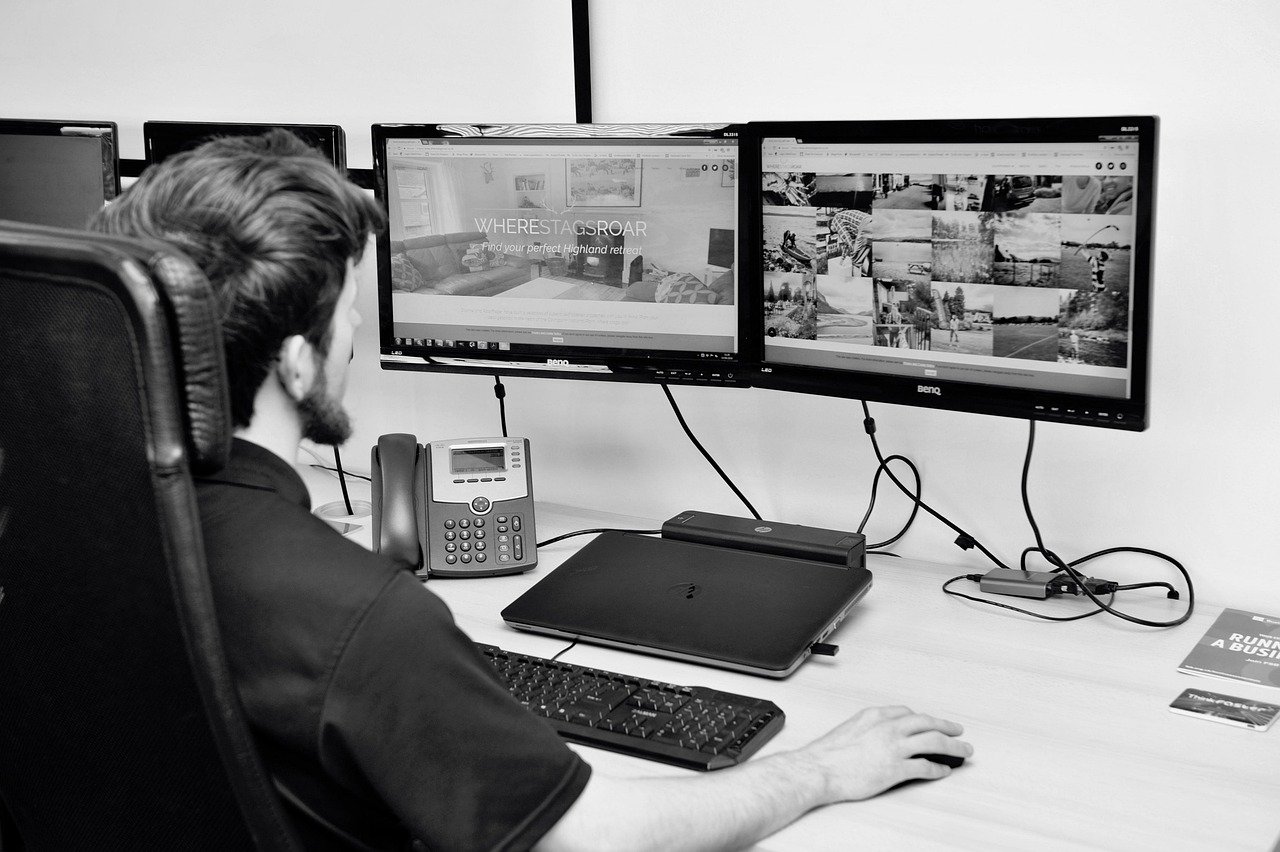WordPress vs Coding a Site from Scratch – Which One Should You Actually Go For?
Let’s be honest for a second. The whole “I need a website” thing sounds easy at first. You get excited, maybe brainstorm a few ideas, open your laptop, and then—bam. Decision paralysis. One path is WordPress, the other is coding from scratch. Both look legit, but which one do you actually need?
If you’ve been sitting there googling tutorials or watching five different YouTubers explain it in five different ways, I get it. It’s confusing. So let’s break this down like we’re having a coffee, minus the jargon, minus the tech snobbery, just the real stuff that matters.

WordPress – The Plug-and-Play King
Think of WordPress as the IKEA of websites. You pick a theme, follow the instructions, screw a few things together (metaphorically), and boom—website live. You didn’t need to chop down the wood or design the furniture, you just assembled it with some patience and maybe a few frustrated sighs.
1. You Don’t Need to Know Code
WordPress is friendly to people who’ve never seen a line of HTML in their lives. You install it, pick a theme, add some plugins, and most of the time you’re ready to go. No coding wizardry required.
2. It’s Fast to Launch
You can have a functioning site up and running in a single afternoon if you’re not too picky. If you want to spend more time fine-tuning it, great. But it’s not like building a spaceship. It’s more like building a bike with training wheels.
3. There’s a Plugin for Everything
Need a contact form? Slap in a plugin. Want your site to be more SEO-friendly? Plugin. Looking to make it faster, more secure, more stylish? Plugins, plugins, plugins. It’s like an app store for your website.
Also Read: Best SEO Services in Pakistan
4. You Save Money—At Least in the Beginning
You don’t need to hire a developer just to get a decent-looking site. Buy a domain, get some hosting, install WordPress, and you’re halfway there. It’s one of the cheapest ways to get online if you’re working with a tight budget.
The WordPress Weak Spots
It’s not all smooth sailing though. WordPress comes with a few headaches.
1. It Can Get Slow
Every plugin adds more weight to your site. Too many, and your website turns into a clunky old laptop that wheezes when you try to do anything. It takes maintenance to keep things running smoothly.
2. You’re Somewhat Limited
Sure, you can customize things—but only to a point. If you’re the kind of person who wants a site that looks and behaves exactly how you dream it, you’ll hit a wall eventually. Some features just require custom code, no way around it.
3. It Can Be a Bit Messy
Because so many plugins and themes are made by different developers, sometimes they don’t play nice with each other. You update one thing, and suddenly another thing breaks. It’s like playing digital Jenga.
Also Read: Top 5 Tech Agencies in Abbottabad | 2025 Digital Leaders
Custom Coding – The Build-It-Yourself Approach
Now let’s talk about the other side. Coding your website from scratch. This is the full control option. You start from a blank page and create exactly what you want. No shortcuts, no pre-built themes, just pure creation.
1. Full Creative Freedom
Want your website to look and behave in a way that’s totally unique? You can do that. No dragging and dropping. You decide everything—layout, animations, responsiveness, behavior. Every single detail is under your control.
2. Lean and Mean
A custom-coded site doesn’t come with all the extra baggage that WordPress carries. No bloated plugins, no theme conflicts. If coded right, your site will be fast and efficient. Visitors won’t be waiting five seconds for a page to load.
3. More Scalable for Complex Ideas
If you’re building more than just a simple blog or business page—like a full web app, custom booking system, or something interactive—coding from scratch gives you the flexibility to scale. You’re not bound by plugin limitations.

But Here’s Where Coding Gets Tricky
It’s not exactly beginner-friendly. In fact, if you don’t already know how to code or don’t have someone reliable to do it for you, it can get overwhelming fast.
1. Takes Time
There’s no “one-click install” here. Writing clean code takes time, testing, and a lot of tweaking. If you’re in a rush to get your site live, this path might frustrate you.
2. Costs More
Hiring a good developer isn’t cheap. If you want custom features, expect to pay more than you would with a pre-built WordPress setup. It’s an investment—and not always a small one.
3. Ongoing Maintenance Requires Help
Unlike WordPress, where you can click a button to change a header or add a new page, custom sites often require developer help for even small updates unless you have a CMS built into your code. And yes, building that CMS also takes time and money.
Let’s Talk About You
Here’s where the rubber meets the road. What are you actually building?
You’re Just Starting a Blog or Small Business Site
Use WordPress. You’ll be online faster, you’ll spend less money, and you won’t need to touch code. It does the job well for basic websites.
You Want a Portfolio or Resume Site
WordPress works fine here too. Pick a clean theme, drop in your projects, write a few words about yourself, and call it a day.
You’re Building an Online Store
If it’s a small to medium-sized store, WordPress with an e-commerce plugin is perfectly workable. But if you’re planning a large-scale e-commerce business with custom filters, user dashboards, and complex functionality, custom coding will serve you better in the long run.
You’re Creating a Full Web Application
Skip WordPress. You’ll eventually run into walls. You need the freedom that comes with coding your own logic, features, and user experiences. That means building from scratch or using a framework.
Final Verdict – What Should You Actually Do?
Don’t choose based on what sounds cooler. Choose based on your goals, timeline, budget, and comfort level with technology.
-
If you want speed, simplicity, and budget-friendliness, WordPress makes perfect sense.
-
If you want full control, custom features, and future-proof scalability, then coding is the better road.
And if you’re stuck in the middle, there’s always the hybrid route. You can start with WordPress, get your business off the ground, and later move to a custom-coded setup once you have the budget and need for it.
At the end of the day, your website should work for you. It should help you show up online the way you want to be seen. Whether you choose a toolbox full of pre-built parts or you build from scratch, what really matters is getting your message out there—and making sure people can find it, connect with it, and trust it.
So don’t overthink the tools. Think about the goal. Then choose the path that makes the most sense for where you are right now.
FAQs
Can WordPress replace coding?
Not entirely. WordPress covers a lot without code, but for advanced customization, coding is still needed.
Do I need coding for WordPress?
No, you can build a full site without coding. But knowing some HTML, CSS, or PHP helps when you want more control.
Is WordPress easier than Python?
Yes, much easier. WordPress is user-friendly and designed for non-developers, while Python is a full programming language.
Is it better to learn WordPress or HTML?
Depends on your goal. Learn WordPress to build websites quickly. Learn HTML if you want to understand how websites work under the hood.




